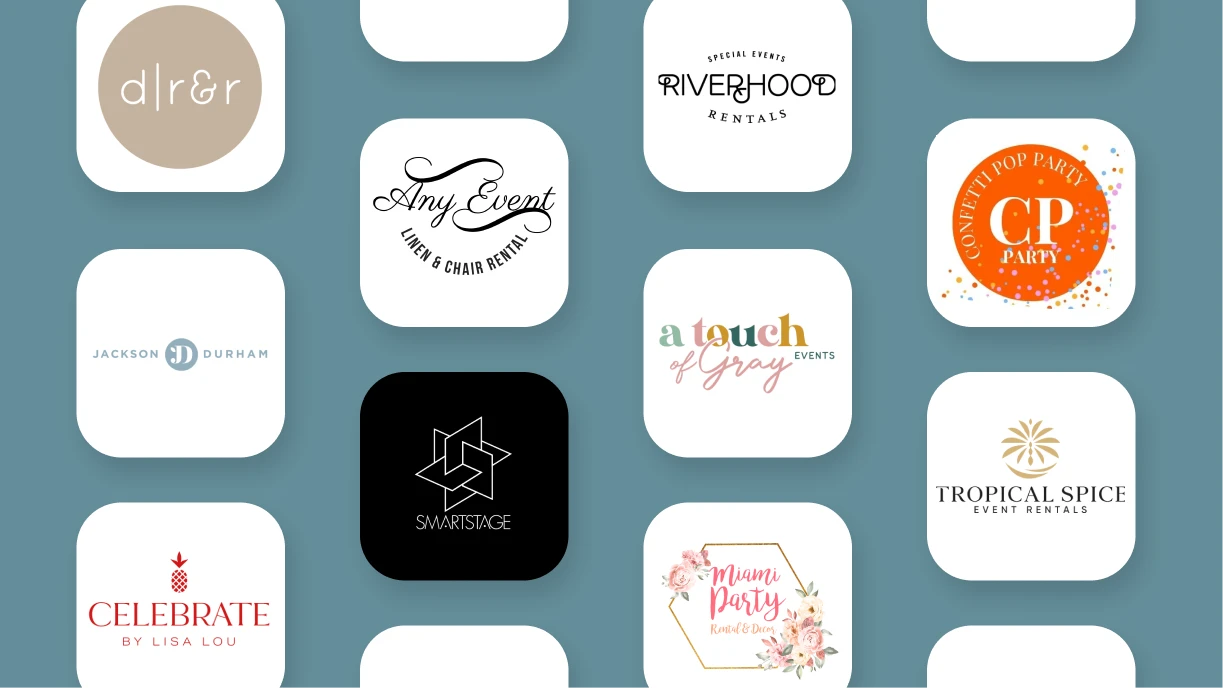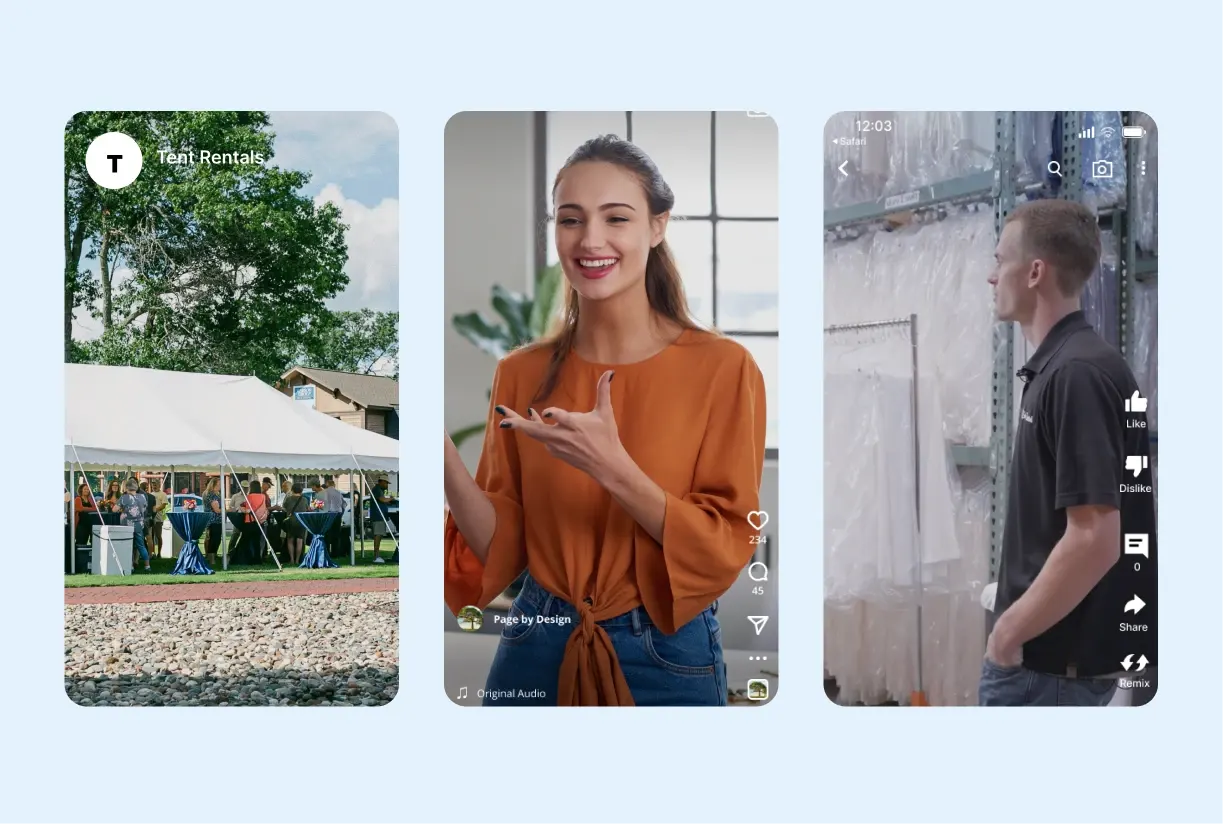When you work in the special events industry, you cross paths with many other vendors— some who are so great they become personal friends and others who are strictly professional colleagues. Regardless of whether you like someone or not, though, it’s important to associate your brand only with other businesses that share your core values, especially when it comes to the treatment of people. Business owners can be allies to people of diverse identities, interests and backgrounds, and particularly should be mindful of allyship related to individuals who may experience discrimination.
Now, this is not to say you cannot work with a vendor who doesn’t believe in weekday weddings. That’s their choice, and you may very well love having them on the team for weekends. However, if it’s a vendor who goes directly against your beliefs— like using racist language or openly discriminating against same-sex couples— it can be damaging not only to your business reputation but to your clients’ experience as well.
Allyship is being aware and intentional with decisions in your life— both professional and personal— so you can use your own privilege to uplift those who face discrimination. To be an ally is to stand up and speak out for equity and equality. When you commit to working with inclusive vendors, you show your clients how much you care and you contribute to the advancement of the industry as a whole.
So, how can you ensure that your vendor list is full of inclusive vendors that you would happily refer to any couple?
Start with their website and social media
A well-established ally is one who is proud to promote their inclusivity through all channels. Take a browse through their website and social media for hints that they support the cause. While some might have a specific callout (i.e., “LGBTQ+ friendly”), you can likely get an idea of a vendor’s position by reviewing the photos and verbiage they use. Are diverse couples featured in prominent places? Do they use gender-inclusive language, like “wedding party” instead of “bridal party” or “couples” instead of “bride and groom”? How they present themselves online is a big indicator of their values and the clientele they serve.
When in doubt, don’t be afraid to ask
If their brand positioning in relation to the LGBTQ+ community isn’t clear from their online presence, don’t hesitate to ask if they work with LGBTQ+ couples for their wedding. There’s a chance they simply don’t know how to shift their messaging and imagery to be more inclusive, in which case you may consider making recommendations. It’s important to note that you must confirm that they work with LGBTQ+ couples for their wedding. Certain vendors cite their religion as a reason to discriminate against same-sex weddings, but will work with LGBTQ+ clients for other events.
Discuss diversity training partnerships
Diversity training is a valuable, much-needed asset for any business, particularly in weddings and events. I highly recommend investing in this for your own team, but it doesn’t have to be a solo event. Open up the conversation with industry peers to see if they’d like to join the training with you. Let your teams get to know one another while learning how to communicate better and support minority clients. This type of training course can be done in-person or virtually, so it can be done in the comfort of one’s office. Consider preparing a post-training session for participants to speak candidly and share their experiences.
Support minority-owned businesses when possible
A great way to know for certain that the vendors on your list are inclusive is simply to work with as many minority-owned businesses. You don’t have to question the integrity of an LGBTQ+ vendor when serving LGBTQ+ clients. Commit to meeting, supporting, collaborating, and referring more LGBTQ+ and BIPOC-owned businesses, and you can feel comfortable knowing that your vendor list is as diverse as the couples you serve.
You know what they say: Put your money where your mouth is. If you want to build a profitable brand that is genuinely equality-minded, your inclusive efforts must extend into all aspects of your business, including your vendor list.






